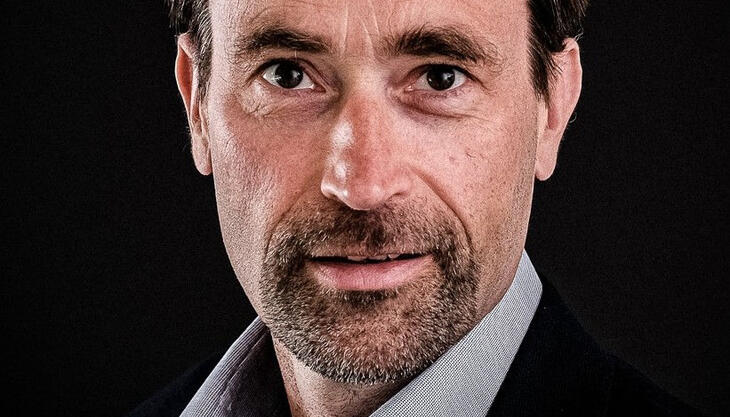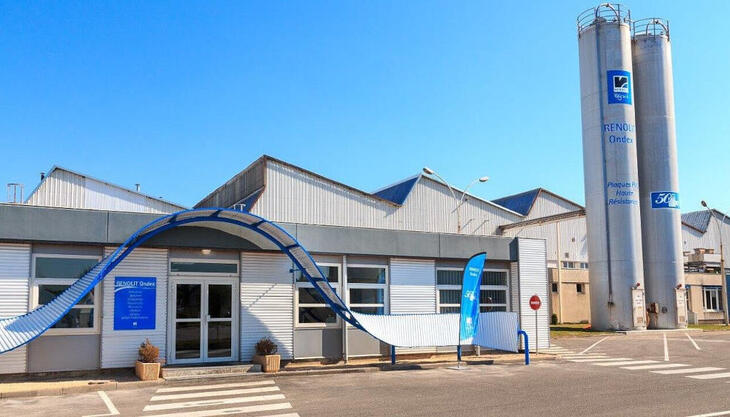Borealis celebrates 30 years of activity

In March 2024, Borealis is commemorating its thirtieth year of operations. Born of a merger between Statoil and Neste, the company has expanded from its early Nordic roots to become one of the world’s top ten polyolefins players and driver of industry change. Its dedication to value creation through innovation has produced proprietary and transformative technologies which benefit society and accelerate the transition to a circular economy.
“On the occasion of our 30th birthday, we at Borealis are exceedingly proud of how we have built on our European heritage, along with our technological prowess, to become a global industry player,” said Thomas Gangl (in the picture), Borealis CEO. “Industry is the bedrock of societal prosperity. For three decades, Borealis has helped accelerate progress and raise living standards by creating value through innovation. As we drive the industry transformation to a circular economy of plastics, and continue to reinvent the essentials for sustainable living, we will keep investing in our people, assets, and our communities.”
Building on its proprietary technologies and more than 50 years of experience in polyolefins, Borealis supports key industries with plastic raw materials for a wide range of applications in the areas of consumer products, energy, healthcare, infrastructure, and mobility. Borstar, the multi-modal proprietary technology for the manufacture of polyethylene and polypropylene, has been a mainstay of Borealis success since the start-up of the first Borstar PE plant in Porvoo, Finland in 1995. Borstar has since been joined by other technology brands, like Borlink, the step-change innovation for the power cable industry; Borstar Nextension Technology, a breakthrough innovation that among other benefits facilitates the production of monomaterial applications designed for recycling; or the Borcycle M technology for mechanical recycling, which breathes new life into polyolefin-based, post-consumer waste, transforming it into high-quality applications with a lower carbon footprint.
With the strong support of its two majority shareholders OMV (Austria) and ADNOC (The Abu Dhabi National Oil Company, UAE), Borealis continues to expand its global footprint to become a fully customer-centric provider of advanced and sustainable polymer solutions in key sectors such as energy, mobility, consumer products, and infrastructure. The joint venture Borouge, established in 1998 in the UAE, and listed on the Abu Dhabi Securities Exchange (ADX) since 2022, is one of the world’s largest integrated polyolefin complexes. It is currently the site of the company’s largest-ever growth project: Borouge 4, the new 6.2 billion dollars facility in Ruwais, which will serve customers in the Middle East and Asia. In North America, the Baystar joint venture, founded in 2017 and operated with partner TotalEnergies, entailed the construction of a new ethane cracker as well as the most advanced Borstar plant ever built outside of Europe. The state-of-the art, 1.4 billion dollars PE Borstar 3G plant in Pasadena, Texas was started up in late 2023 and has brought Borstar to this continent for the first time. Borealis’ commitment to Europe as a production location is evidenced by the new, world-scale propane dehydrogenation (PDH) plant currently under construction at Borealis operations in Kallo, Belgium.
Sustainability is embedded in all Borealis endeavors, from R&D to production, from procurement to stakeholder engagement, and decarbonization. By 2030, 100% of the electricity used to operate its own production operations in Europe will be of renewable origin. Borealis will reduce its Scope 1 and Scope 2 emissions from 5.1 million tons/year (the 2019 baseline) to under 2 million tons in 2030. It is a signatory to progressive initiatives such as the recent Antwerp Declaration for a European industrial deal, an effort to restore industry competitiveness and safeguard jobs in Europe while reinforcing the aims of the European Green Deal. Borealis is likewise committed to upholding the principles of important international initiatives, including those forwarded by the Circular Plastics Alliance and the Business Coalition for a Global Plastics Treaty.



















